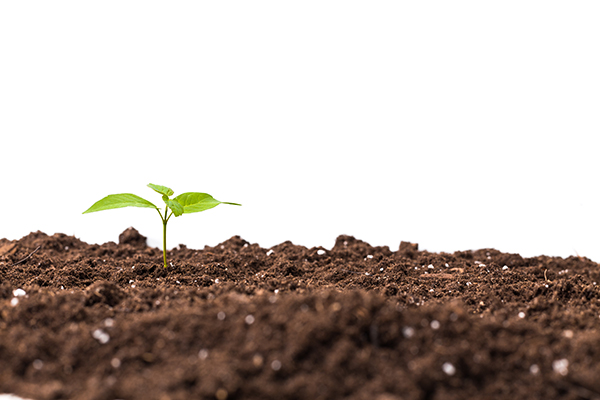RUSTICA and Product Standards
The RUSTICA project awaits a wide range of new bio-based fertiliser components and expects a series of blends developed therefrom. In this regard, the question arise how a potential market could be entered by novel and promising innovations? Among many challenges one is faced are standards ensuring e.g., product safety, compatibility and reliability concerning its composition.
In principle, two main categories of standards can be mentioned: firstly, those which are mandatory and commonly defined under a legal framework and secondly, standards which can be met voluntarily. A wide range of legally defined standards for the building blocks including but not limited to biochar and compost with their feedstocks are already identified, e.g., in the RUSTICA public report D3.2 presenting results on international agreements and European Union law.
Another approach to standardization is the consideration of the territorial areas. In the sectors of fertilising products and soil improvers, the aforementioned biochar and compost are prominent examples showing availability of various standards from different continents and countries. The biochar certification program of the International Biochar Initiative (IBI) is focused on the United States and Canada, and it requires, for instance, certain physicochemical properties and safety tests1. The European Biochar certificate (EBc) is a voluntary instrument defining e.g., quality and control of biochar in Europe while mandatory in Switzerland2. At the national level, non-compulsory product standards for biochar can be found inter alia in Italy3. According to compost and the international RUSTICA partner country Colombia: specific norms are available for compost as an organic fertiliser. In the EU, the European Compost Network (ECN) has designed a European Quality Assurance Scheme (ECN-QAS) including requirements for national quality assurance organisations and a quality label4. At the national level, e.g., “KEURcompost” represents certified products in the Netherlands5 and the “RAL Gütezeichen Kompost” can be obtained in Germany6. Contemplating regional requirements, in Flanders “VLACO” defines not only statutory criteria for compost but also awards a label for certified compost indicating properties beyond of the legally defined minimum7.
www.wiedemann-gmbh.eu
wiedemann-gmbh@t-online.de
Disclaimer: The views presented in this publication RUSTICA – Analysis of national and regional legislative frameworks are solely an opinion of the author. The author and the RUSTICA consortium members do not accept any liability for direct or indirect consequences, losses or damages resulting from the use of this publication, its content or parts of it. This document is exclusively prepared for general information purposes and represents in no kind a legal or any other advice.



